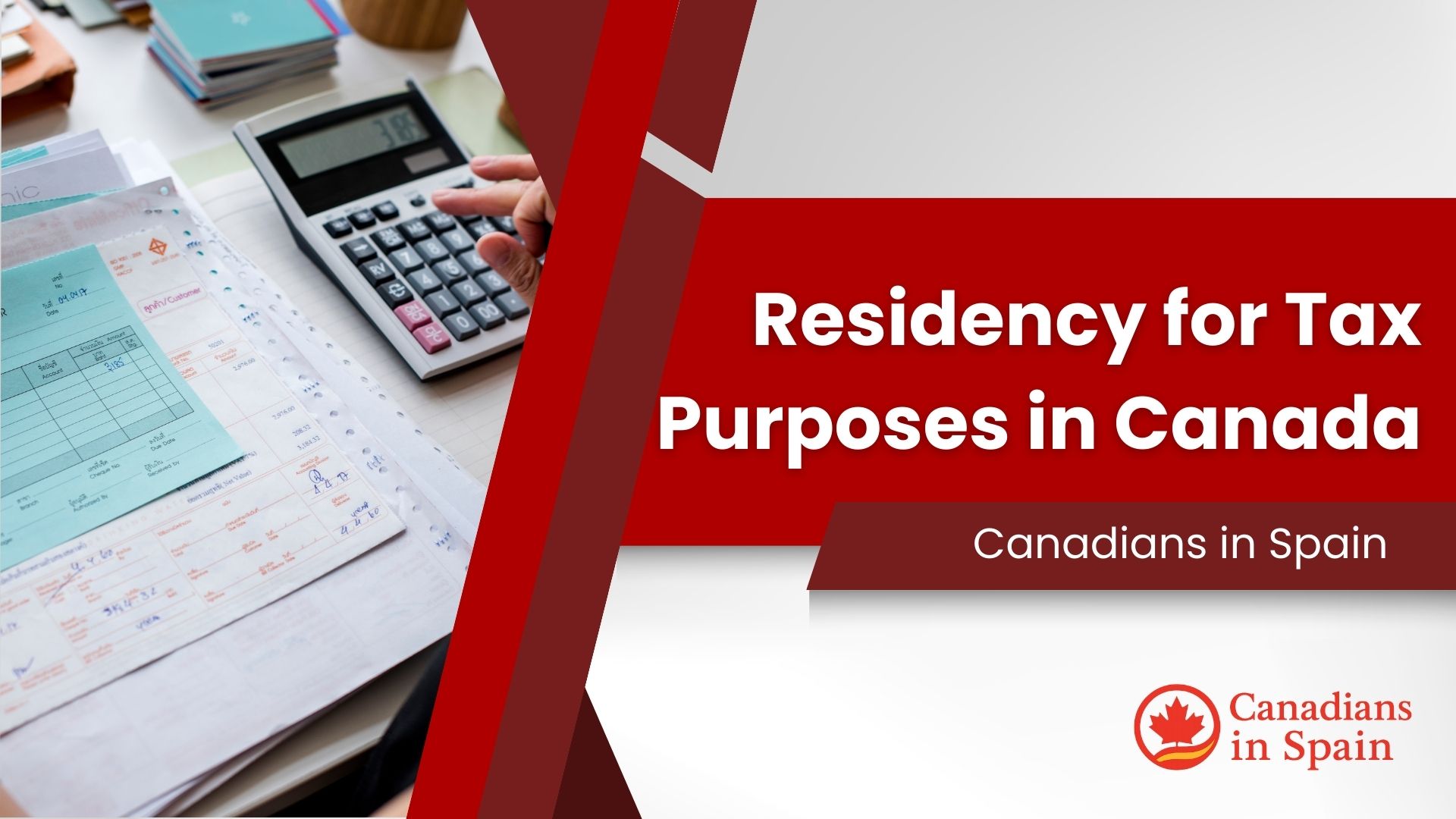Double Tax Treaty Spain-Canada: The Ultimate Guide for Canadians
Understanding double tax rules is essential for Canadians navigating finances between Spain and Canada. Whether you’re earning income, running a business, or retiring abroad, the double tax treaty offers key protections. This guide explains how to avoid being taxed twice and highlights the latest updates to the Spain-Canada agreement. Let’s explore the full picture of double tax implications for Canadians in Spain.
What Is a Double Tax Treaty and Why It Matters for Canadians
The double tax treaty (DTT) between Spain and Canada ensures that income or capital is not taxed by both countries. Originally signed in 1976, and revised by a Protocol in 2014 (effective since 2015), the treaty aims to eliminate tax overlap and clarify fiscal responsibilities for taxpayers in both jurisdictions. For Canadians in Spain, this means greater transparency, relief, and compliance guidance in cross-border situations.
Key Provisions in the Spain-Canada Double Tax Agreement
The modernized double tax agreement includes key reforms that influence individuals and companies:
- Income tax coordination: Clear rules for personal, corporate, and non-resident income.
- Capital tax: Inclusion of Spain’s Wealth Tax ensures broad coverage.
- Residency tie-breakers: Prevents artificial dual-residency claims.
- Information exchange: Greater transparency between tax authorities.
- Assistance in collection: Joint enforcement of tax debts across borders.
Double Taxation Coverage: Income and Capital Taxes
Article 1 of the Protocol identifies taxes under the scope of the double tax treaty:
- Spain: IRPF, IS, IRNR, local income taxes, and Wealth Tax.
- Canada: All taxes under the Income Tax Act.
This wide inclusion ensures Canadians living in Spain can benefit from tax relief not only on federal income, but also on local and net worth taxes.
Residency Rules in the Spain-Canada Double Tax Treaty
Article 3 of the Protocol refines the concept of tax residency. When an entity is a resident of both countries, authorities will determine residency based on effective management, place of incorporation, and mutual agreement. If no consensus is reached, limitations apply on treaty benefits. These rules protect against treaty abuse and clarify obligations for Canadian businesses in Spain.
How Income Types Are Taxed Under the Double Tax Treaty
Dividends, Interest & Employment Income
- Dividends: 5% withholding tax for companies with ≥10% stake; 15% for others.
- Interest: Capped at 10% with exemptions for arm’s-length and export credits.
- Employment income: Taxed only in the home country if the 183-day rule applies.
These provisions help prevent double tax on earnings and simplify compliance for Canadians working temporarily in Spain.
Artists, Sportspersons & Independent Professions
Income for artists and athletes may be exempt from source taxation if activities are publicly funded. Article XIV on “independent professions” was removed, aligning with OECD standards. Professional income now falls under “business profits,” only taxable in Spain if tied to a permanent establishment.
How the Double Tax Treaty Eliminates Taxation
Article 10 explains the mechanisms used to eliminate double tax:
- Canada: Tax credit for taxes paid in Spain.
- Spain: Deduction of Canadian taxes from local tax liability.
- Exemption with progression: Foreign income may impact tax rates on other income.
These ensure fair taxation while honoring each country’s sovereignty.
Administrative Cooperation and Anti-Abuse Clauses
- MAP (Article 11): 3-year window for disputes; binding resolutions.
- Information Exchange (Article 12): Covers all tax-relevant data, including banking.
- Assistance in Tax Collection (Article 13): Joint enforcement of taxes and penalties.
- General Anti-Abuse Rule (Article 14): Prevents treaty shopping and misuse by low-tax entities.
These provisions protect the integrity of the double tax treaty and reflect global trends in transparency and enforcement.
What Canadians in Spain Should Know About the Double Tax Treaty
The Spain-Canada double tax treaty applies from December 12, 2015, with provisions enforced in stages. Canadians in Spain should monitor updates and seek expert guidance. Incorrect reporting, lack of apostilled documents, or overlooking treaty benefits can result in overpayment or penalties.
Key takeaways:
- Apply the 183-day rule to short-term work assignments
- Use tax credits to prevent dual taxation
- Declare worldwide income while claiming exemptions appropriately
Conclusion: Mastering Double Tax Rules for Canadians in Spain
The updated double tax agreement between Spain and Canada streamlines compliance, reduces liabilities, and aligns with international standards. For Canadians living, working, or investing abroad, understanding this treaty is critical. Professional tax advice is strongly recommended to fully leverage treaty benefits and avoid costly mistakes.
Need help navigating the double tax treaty? We can connect you with tax advisors who specialize in Canadian-Spanish cross-border tax compliance. Let us help you gain clarity and peace of mind.




